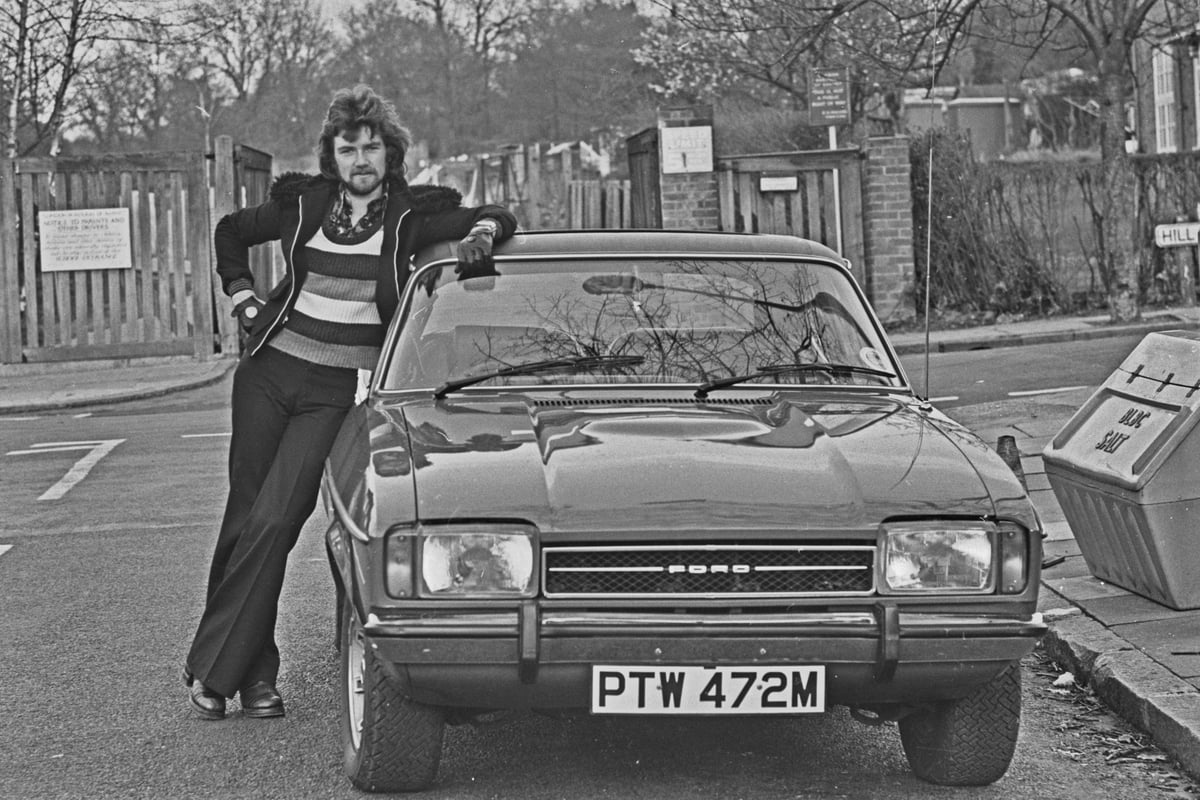
Work, streaming, scrolling and side-hustling are keeping us from activities that bring joy and meaning to our days. It’s a first date. The drink in your hand is mostly ice.
You’ve talked about your jobs, your days, your dogs. The conversation lulls, and you can feel the question coming. “So,” the person across the table asks, “what do you do for fun?” The answer should be easy.

We are supposed to be living in the golden age of hobbies. Great thinkers of the 20th century believed that innovations in technology would make work so efficient that leisure would eclipse labour. In 1930, economist John Maynard Keynes predicted 15-hour workweeks by 2030.
This would leave people the opportunity to “cultivate into a fuller perfection, the art of life itself”. This would include hobbies, activities that Benjamin Hunnicutt, an emeritus professor of Leisure Studies at the University of Iowa, calls “pursuits that are their own reward”. The opportunity to pursue joyful and meaningful activities was once “sort of the definition of human progress,” Hunnicutt said.
But the golden age that Keynes predicted has not come to pass. Though productivity has grown dramatically since Keynes’ time, the most recent American Time Use Survey found that full-time employees still work eight hours a day, the same workday that the National Labor Union demanded in 1866. Workers enjoy just under four hours of leisure time, and the bulk of that brief window is spent watching TV.
.















